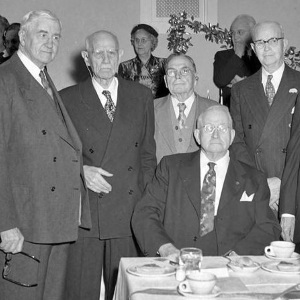A scoring algorithm using 290 genetic variants linked to prostate cancer accurately predicted the risk of developing or dying of metastatic prostate cancer among more than half a million military veterans in a study led by Meghana Pagadala (above) of the University of California San Diego.
Men in the highest 20 percent of the scores, compared with men in the lowest 20 percent, had 5.7 times the risk of developing prostate cancer, 4.2 times the risk of the cancer spreading, and 4.4 times the risk of dying from the cancer.
Overall, the risk score was higher among men of African ancestry, who were 1.8 times more likely to develop prostate cancer and 1.9 times more likely to die from the cancer as men from other racial and ethnic groups.
The algorithm could become a useful tool for identifying men at high or low risk of developing metastatic prostate cancer. Previous genetic risk models relied primarily on men of European ancestry.
The study results were presented at a 2022 scientific conference.
See “PHS290 May Help Predict Lifetime Risk of Metastatic or Fatal Prostate Cancer” by Sucharita Mistry on the Cancer Therapy Advisor website (February 17, 2022)




